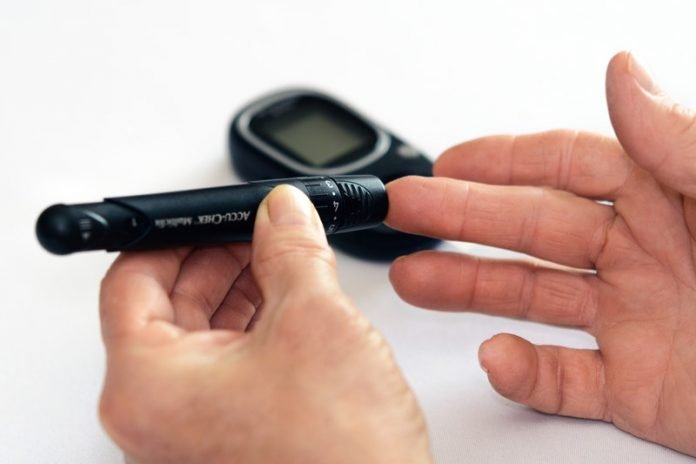
In a new study, researchers found that hormone therapy can help reduce body weight and glucose levels in people with obesity and diabetes in just four weeks
The research was conducted by a team from Imperial College London and other institutes.
Obesity is a common problem in the UK and it is estimated that one in four adults are obese.
One of the most common types of weight loss surgery is a procedure known as gastric bypass surgery.
It can be very effective in keeping excess weight off and improving blood sugar levels in diabetics.
However, some patients decide against surgery and the procedure can cause complications such as abdominal pain, chronic nausea, vomiting, and debilitating low blood sugar levels.
Previous research by Imperial College London had found that one of the reasons why gastric bypass surgery works so well is because three specific hormones originating from the bowels are released in higher levels.
This hormone combination, called “GOP’ for short, can reduce appetite, lead to weight loss and improve the body’s ability to use the sugar absorbed from eating.
In the study, the team tested 26 obese patients with pre-diabetes (when blood glucose is too high but not high enough to be classified as diabetes) and those with diabetes.
A total of 15 patients used GOP treatment for four weeks.
The researchers used a pump that slowly injects the GOP mixture under the skin for 12 hours a day, beginning one hour before breakfast and disconnecting after their last meal of the day.
They found the patients lost on average 4.4kg and the treatment led to substantial improvements to their blood glucose, with some patients’ reducing to near-normal levels.
The team says the finding may help improve and save the lives of many patients with obesity and type 2 diabetes. It may help protect them from cancer, stroke and heart disease.
They aim to carry out a larger clinical trial to assess the impact of GOP on more patients over a longer period of time.
The lead author of the study is Professor Tricia Tan, Professor of Practice (Metabolic Medicine & Endocrinology) at Imperial College London.
The study is published in Diabetes Care.
Copyright © 2019 Knowridge Science Report. All rights reserved.



